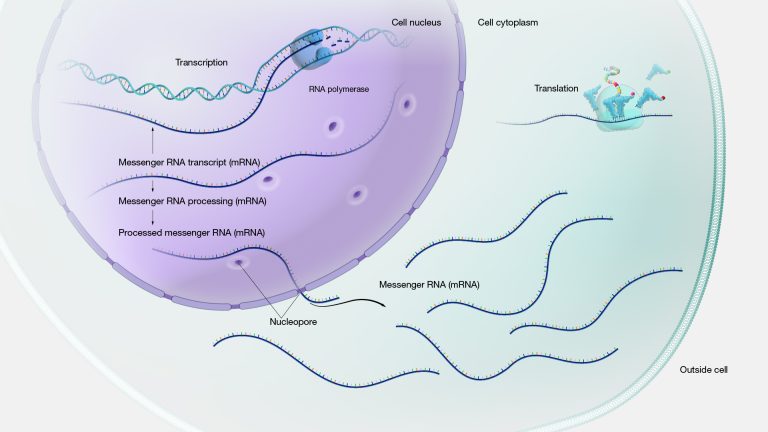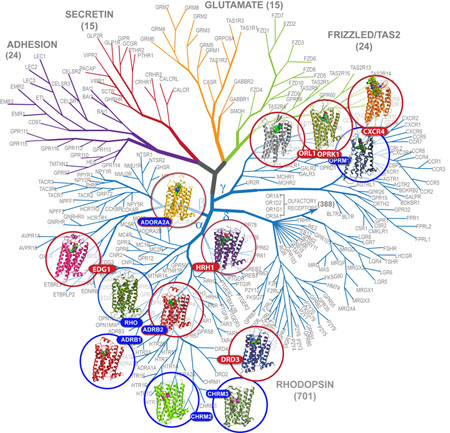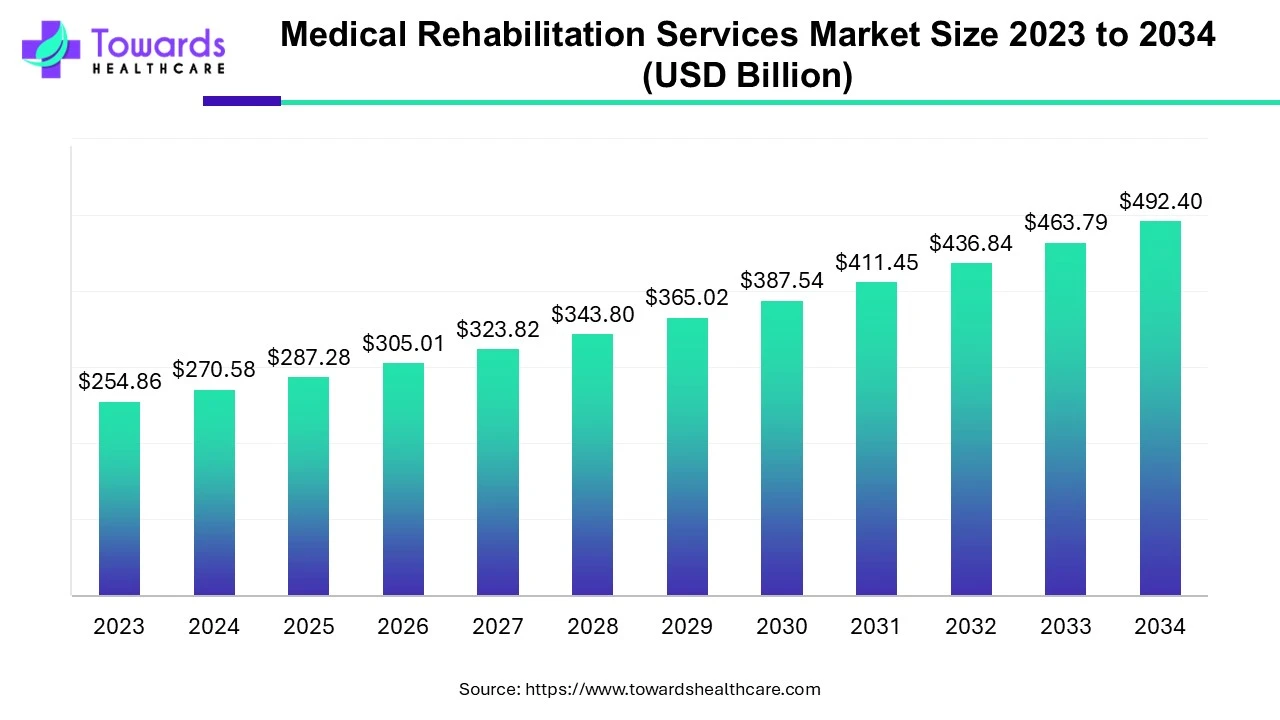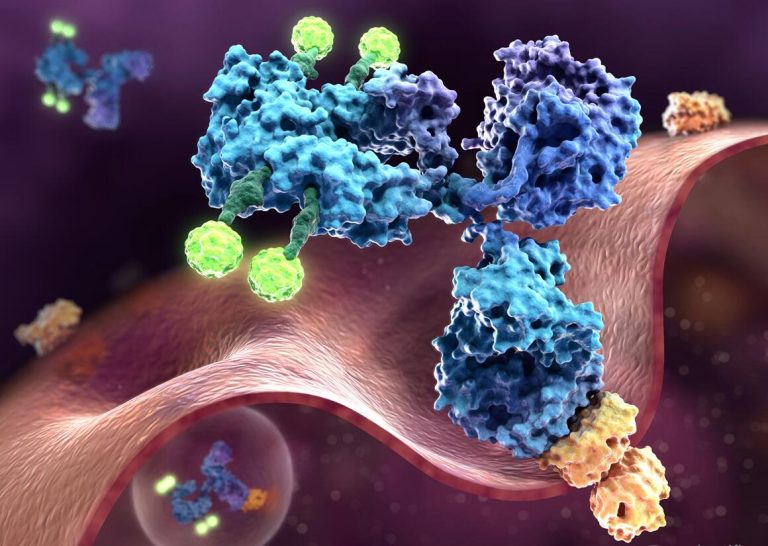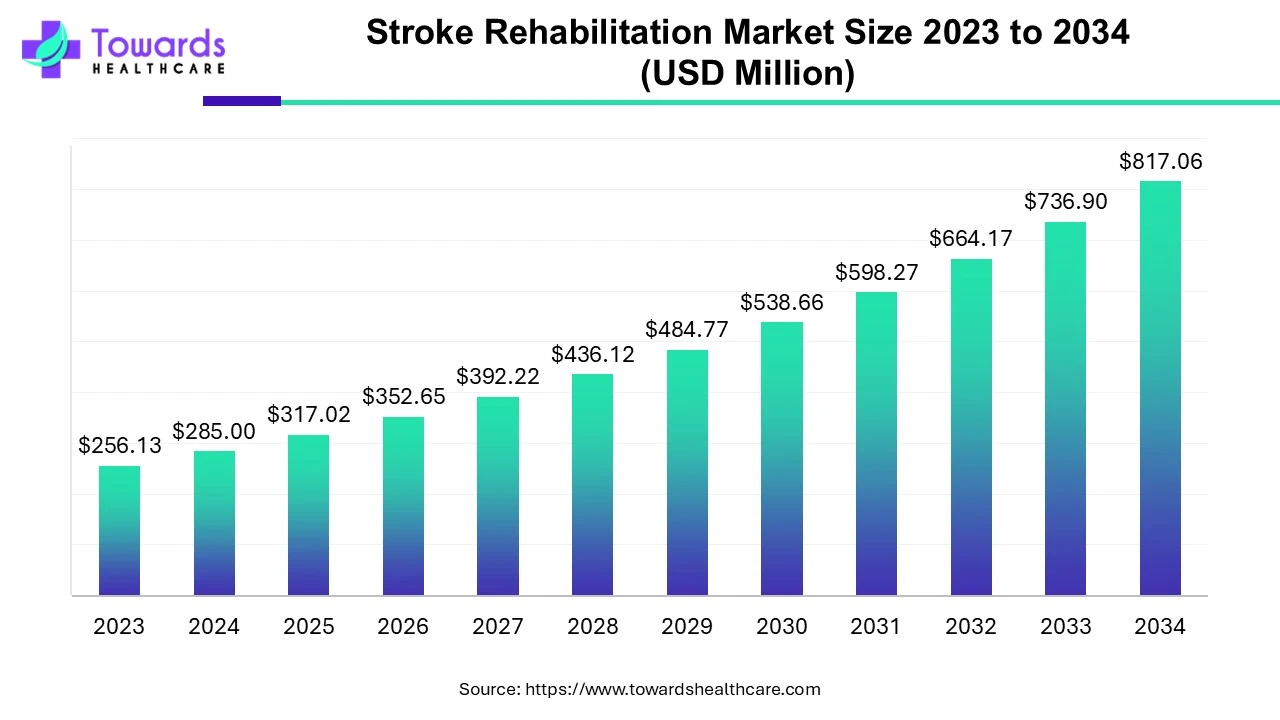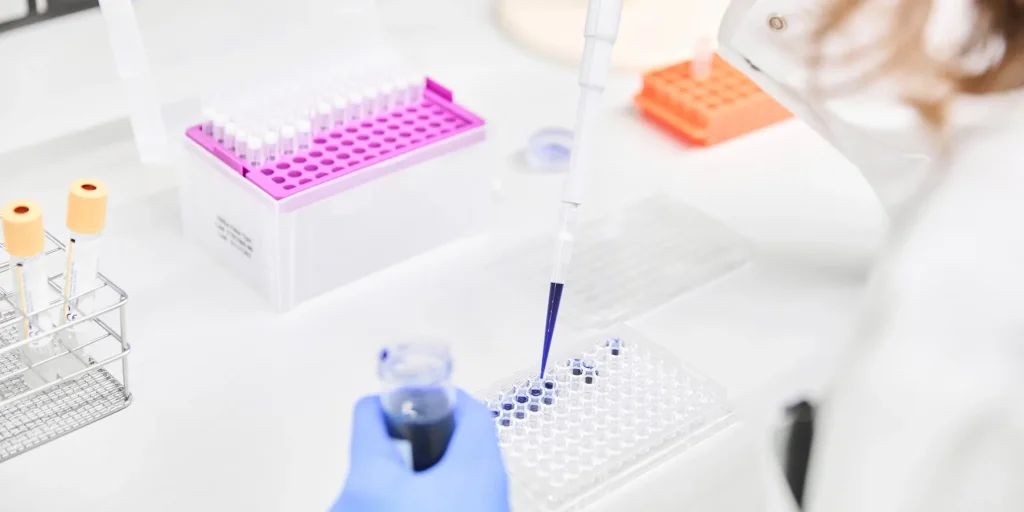
DNA Diagnostics Market Companies, Advancements and Growth Opportunities
The DNA diagnostics market was valued at US$ 10.69 billion in 2023 and is expected to expand to US$ 17.44 billion by 2034, growing at a compound annual growth rate (CAGR) of 4.55% from 2024 to 2034. Key factors fueling this growth include the increasing prevalence of genetic disorders, advancements in genomics research, and rising investments in the sector.
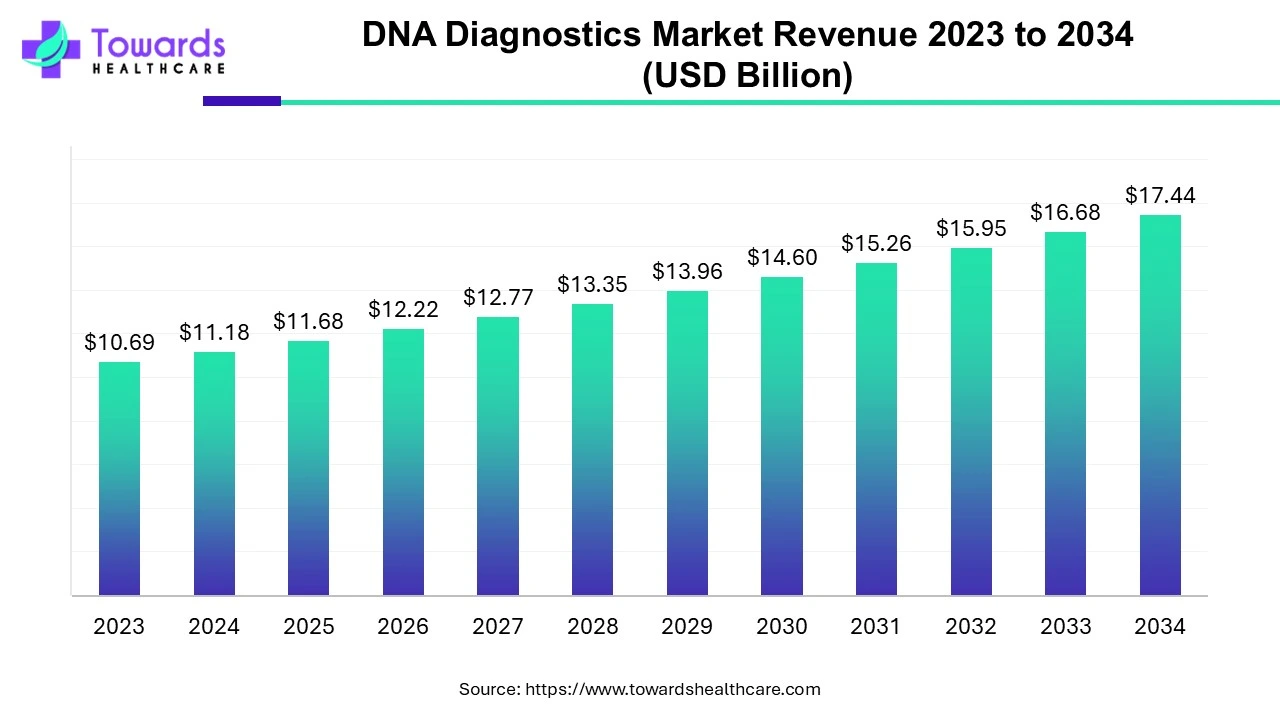
Download statistics of this report @ https://www.towardshealthcare.com/download-statistics/5343
DNA Diagnostics Market: Genomic Insights
DNA diagnostics, or DNA testing, involves analyzing genes or chromosomes to detect changes or mutations. This testing can help identify genetic conditions, predict the risk of developing certain diseases, or determine the likelihood of passing on genetic disorders. It also plays a crucial role in developing personalized treatments based on an individual’s unique genetic makeup. DNA diagnostics are used in various areas, including paternity testing, ancestry analysis, and medical research. Other key applications include newborn screening, carrier testing, preimplantation genetic diagnosis, prenatal testing, and pharmacogenomics.
The growing prevalence of genetic and chronic diseases, along with the increasing demand for personalized medicine, is driving the DNA diagnostics market. By analyzing an individual’s genetic information, DNA diagnostics can help create tailored treatment plans. The market is also being supported by favorable government policies that promote genetic testing to prevent genetic disorders and by rising investments in genomics and proteomics research.
DNA Diagnostics Market Trends
The DNA diagnostics market is witnessing significant growth, driven by technological advancements, increased awareness of genetic disorders, and the rising demand for personalized medicine. Below are some key trends that are shaping the future of the market:
- Venture Capital Investment in DNA Testing:
In June 2024, BillionToOne, a diagnostic developer, raised $130 million in venture capital funding, propelling the company to a billion-dollar valuation. This significant funding boost is aimed at scaling up its DNA testing businesses, particularly in the areas of non-invasive prenatal screening and cancer diagnostics. This trend reflects growing investor confidence in the potential of DNA diagnostics, as these areas are gaining more traction due to their non-invasive nature and the increasing demand for early detection and personalized care. - Partnerships for Expanding DNA Testing Services:
In May 2024, iMeUsWe announced the launch of their DNA testing services in collaboration with MapMyGenome. This partnership aims to provide comprehensive insights into various aspects of health, wellness, and ancestry, along with expert genetic counseling. This move reflects a growing trend toward offering personalized genetic testing services that empower individuals to make informed health decisions. The service expansion includes both clinical and consumer-driven testing, making genetic insights more accessible to a broader audience. - AI-Driven Advancements in Genetic Testing:
AI and machine learning technologies are revolutionizing DNA diagnostics. In March 2024, Oxford Nanopore Technologies entered into a collaboration with SeqOne, an AI developer, to improve its next-generation sequencing approach for clinical diagnostic testing. The integration of AI in genetic diagnostics is helping to enhance testing efficiency, reduce costs, and improve accuracy. By leveraging AI, companies can process vast amounts of genomic data quickly and identify genetic variations related to diseases or traits, opening up new possibilities for precision medicine. AI is also helping uncover novel insights into the genetic mechanisms of diseases, improving the ability to develop targeted therapies. - Personalized and Precision Medicine:
The demand for personalized medicine is another strong driver of growth in the DNA diagnostics market. By analyzing an individual’s genetic makeup, DNA diagnostics can help tailor treatment plans to suit the specific needs of the patient. This approach is particularly beneficial for chronic and genetic disorders where conventional treatments may not be as effective. As healthcare continues to move toward more personalized approaches, the role of DNA diagnostics will expand further, enabling healthcare providers to deliver more targeted and effective treatments. - Government Support and Policy Advocacy:
Favorable government policies and initiatives aimed at supporting genetic testing are also contributing to market growth. In many countries, there are efforts to encourage genetic testing for early detection and prevention of genetic disorders. These policies are enhancing the availability of DNA diagnostic services and making them more affordable, which in turn is driving broader adoption. For example, government programs promoting newborn screening and genetic counseling are increasing demand for DNA testing across different age groups. - Emerging Applications in Healthcare and Forensics:
Beyond its role in diagnosing genetic disorders, DNA diagnostics is increasingly being used in a variety of other fields. In forensics, DNA testing is helping solve criminal cases by identifying suspects or victims through genetic material found at crime scenes. Additionally, DNA diagnostics is expanding its footprint in pharmacogenomics (studying how genes affect a person’s response to drugs), which can help optimize drug therapies and reduce adverse drug reactions.
Decoding DNA with AI: A New Era in DNA Diagnostics
Artificial intelligence (AI) is transforming healthcare, and its role in DNA diagnostics is creating exciting possibilities. By incorporating AI into DNA testing, the process of analyzing genomics becomes faster, more efficient, and more cost-effective, without sacrificing accuracy. AI and machine learning (ML) techniques are enhancing the speed and precision of genetic testing, making it possible to uncover genetic variations linked to diseases or traits. Several companies are integrating AI to stay competitive and improve their services. AI-driven large datasets are helping to address unmet clinical needs, providing new insights into genetic mechanisms and paving the way for the development of precision medicine.
Top Companies in the DNA Diagnostics Market
- Agilent Technologies, Inc.
- Beckman Coulter, Inc.
- Bio-Rad Laboratories
- F. Hoffmann-La-Roche
- Fisher Scientific
- GE Healthcare
- Illumina, Inc.
- Myriad Genetics
- Oxford Nanopore Technologies
- Siemens Healthineers
- Qiagen
Our Table of Content (TOC) covers key healthcare market segments, materials, technologies and trends—helping you navigate market shifts and make informed decisions: https://www.towardshealthcare.com/table-of-content/dna-diagnostics-market-sizing
Access exclusive insight now @ https://www.towardshealthcare.com/price/5343
We’ve prepared a service to support you. Please feel free to contact us at sales@towardshealthcare.com
Web: https://www.towardshealthcare.com
Visit Dental Specifics: https://www.towardsdental.com
Get the latest insights on industry segmentation with our Annual Membership: Get a Subscription
For Latest Update Follow Us: https://www.linkedin.com/company/towards-healthcare
